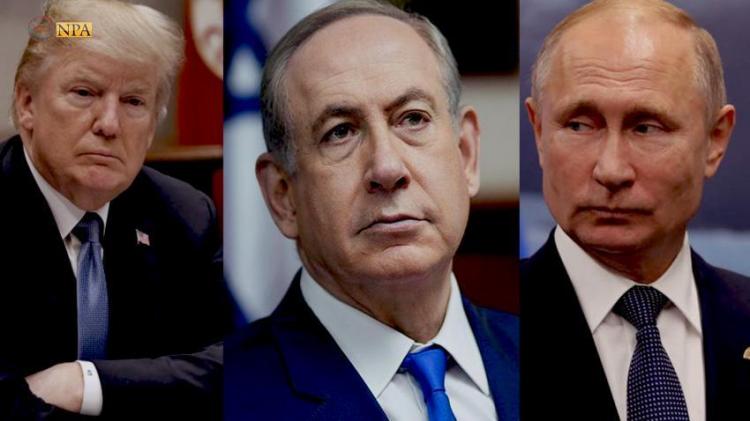Moscow – North-Press Agency
Fahim Al-Sorani
After long months of controversy, Turkey has received the first shipment of the Russian S-400 missile system, which sparked a storm between Ankara and Washington, as observers do not rule out that it will continue, even after the Russian missile system is in the hands of the Turkish army.
Washington has repeatedly called on the Turkish government to abandon the deal with Moscow, threatening to prevent Turkey by obtaining US stealth aircraft F-35, and at the same time, replacing the Russian system with the US missile system (MIM-104 Patriot), which was rejected by Turkey, and insisted instead to go all the way to move the deal with Russia forward, valued at $2.5 billion.
Washington believes that Turkey’s acquisition of the Russian missile system will enable the Russians to acquire intelligence information, as the US Secretary of State Mike Pompeo admitted, telling the Turks that a NATO member is not allowed to have both systems at the same time, as the Russian S-400 air defense system will be able to detect the capabilities of the American STELLA system.
In response to US concerns, the Turkish Ministry of Defence had explained that the purchase of the S-400 missile system was not a matter of preference, rather, it was a necessity.
While observers did not rule out that such an act may force Washington not to proceed the escalation with Ankara, in anticipation of further deterioration in its relations with the traditional ally in the Middle East, Turkey.
Assurances
It should be noted that the delivery of the Russian missile system followed the last meeting between Erdogan and Trump during the G20 summit in Osaka, Japan, and the statements of the Turkish President that he had received assurances from his American counterpart that he will not impose sanctions on Ankara in response to the deal with Russia.
However, the striking point here is that Trump has neither confirmed what was mentioned by the Turkish President nor denied it, rather, he contended that his country did not deal with “integrity” with Turkey, which in turn was forced to sign a deal of purchasing the Russian missiles as the administration of the former President Barack Obama refused to sell the Patriot missile system to Turkey.
In the same context, the international relations’ expert Sergey Persanov told North-Press that Turkey, based on the fact that its national interests require “diversifying sources of armaments,” in terms of the requirements of strengthening and modernizing its army, especially in the light of the “deterioration of relations with Washington recently”.
“The purchase of the S-400 system isn’t considered as a reason of decline in trust between the US and Turkey,” Persanov added, indicating the US president’s decision to raise tariffs on aluminum and steel imports from Turkey, “which was then the height of dissonance and escalation between the two countries”.
Disappointment
Persanov points out that Turkey was certain about Washington’s understanding of Turkey’s national security requirements, especially in light of the tense conditions in the Middle East, but the latter, instead, let its strategic ally in the region down, which explains Ankara’s reasons for opening the door of dialogue and cooperation with Moscow in the field of armaments and security.
He also mentions that the supporters of “imposing sanctions” on Turkey in the decision-making circles in the United States are many, especially Trump’s opponents in the Democratic Party, which will leave the future of relations between the two countries subject to pessimistic speculations.
Gaps
The Russian international relations expert Sergey Persanov explained that Turkey, in addition to all above, detected gaps in the US Patriot missile system, which was unable to counter the missiles and drones which were launched by the Houthis in Yemen, as they were able to hit its targets, like what had recently happened in Saudi Arabia.

